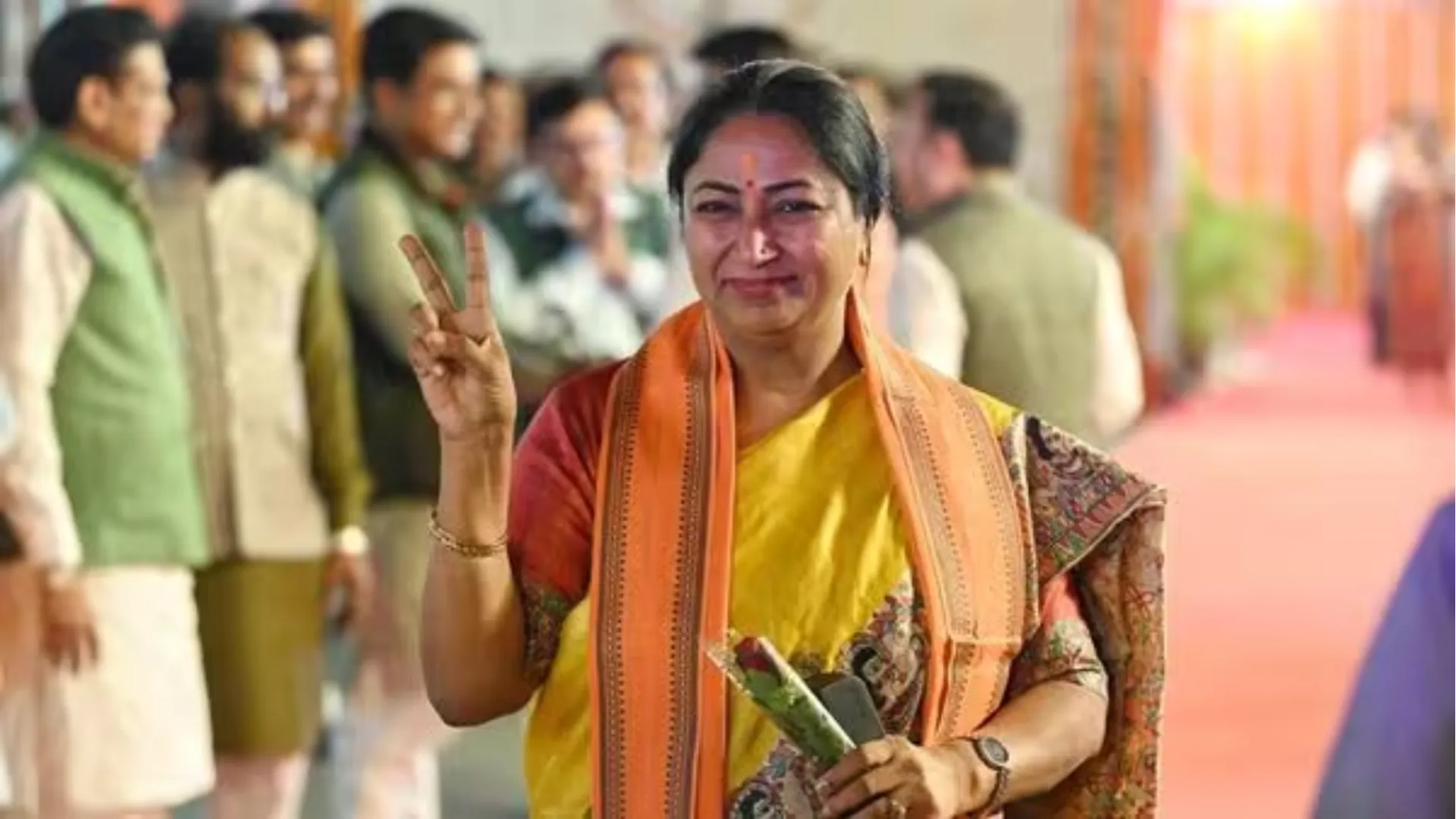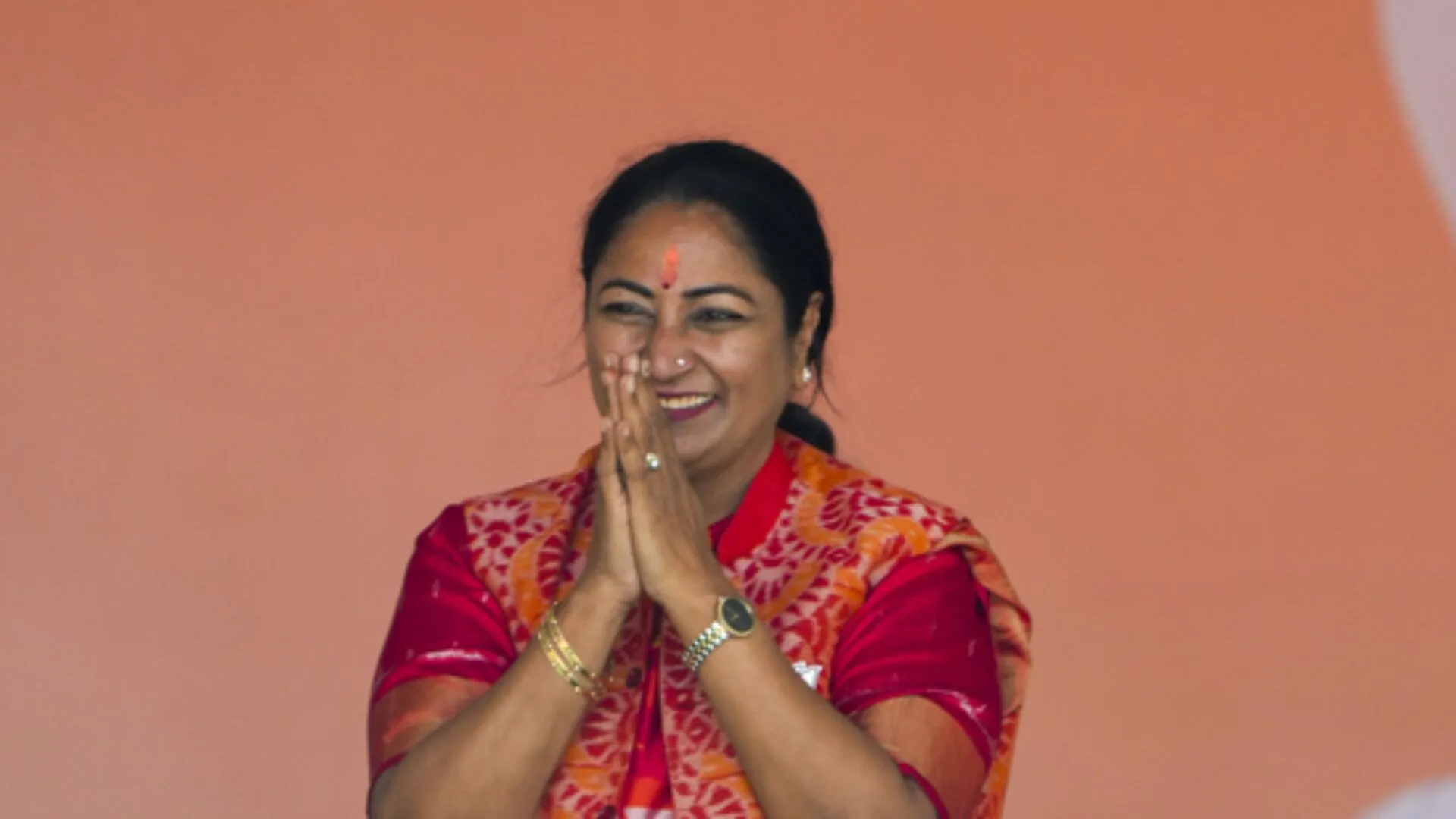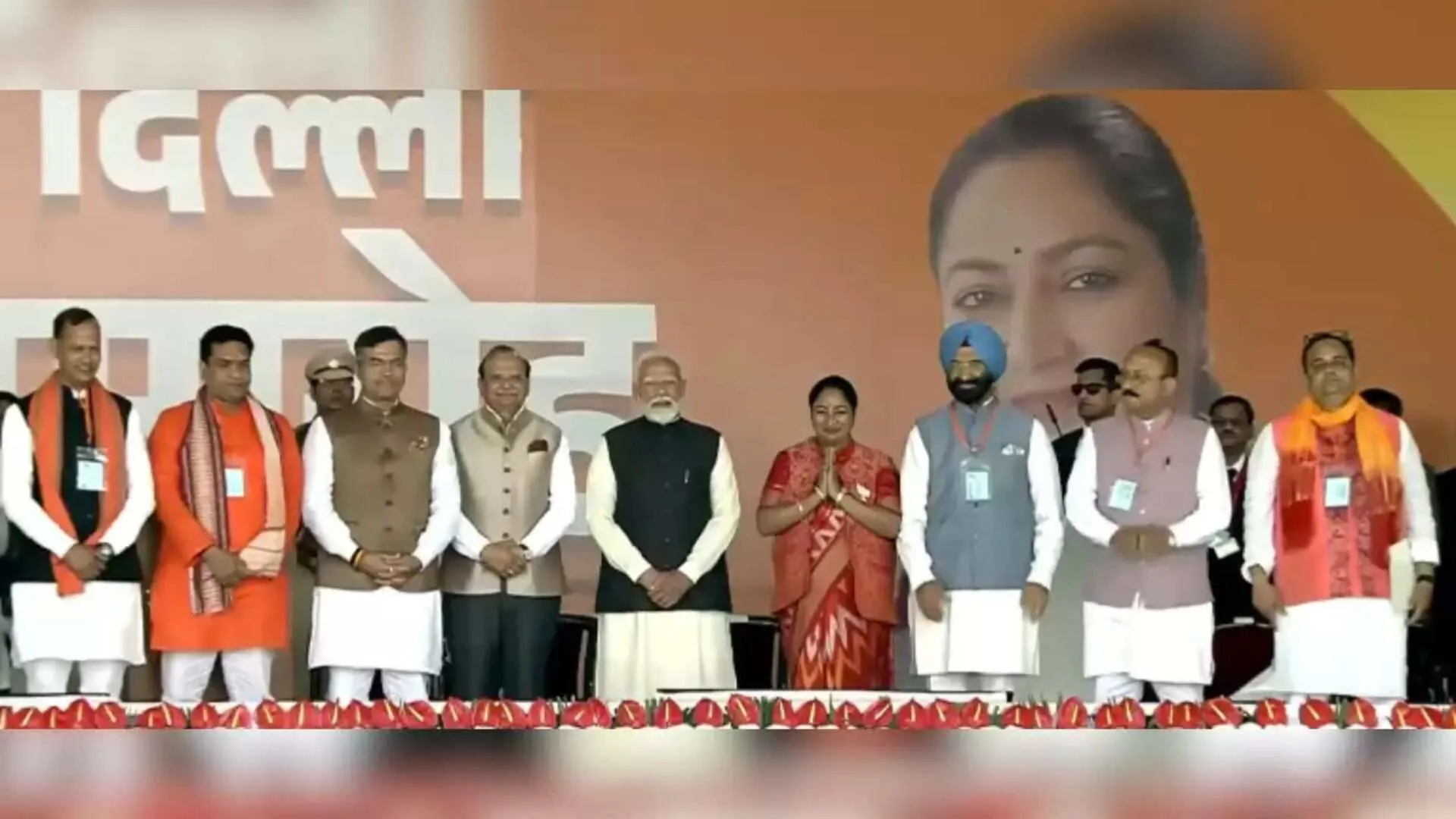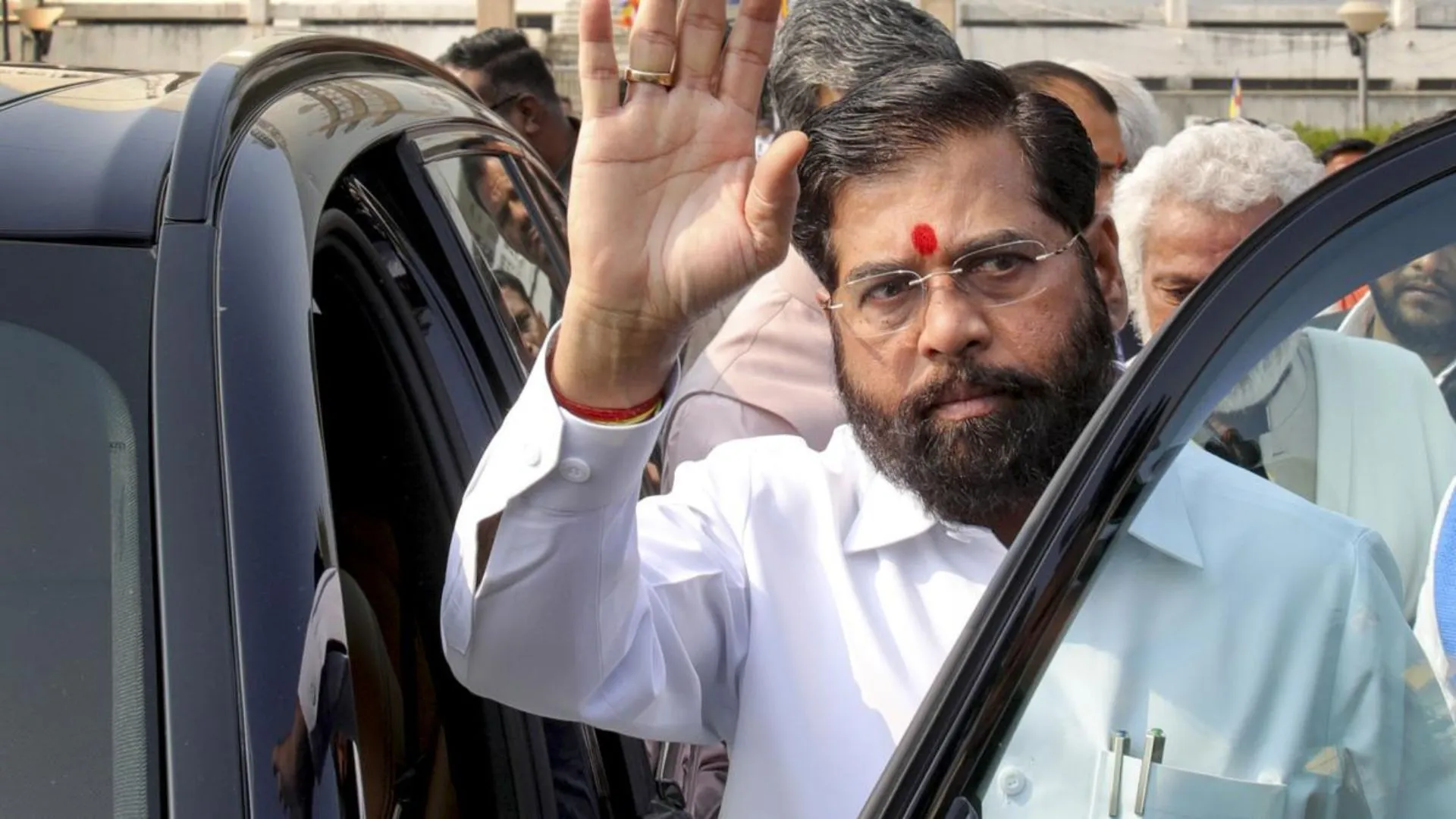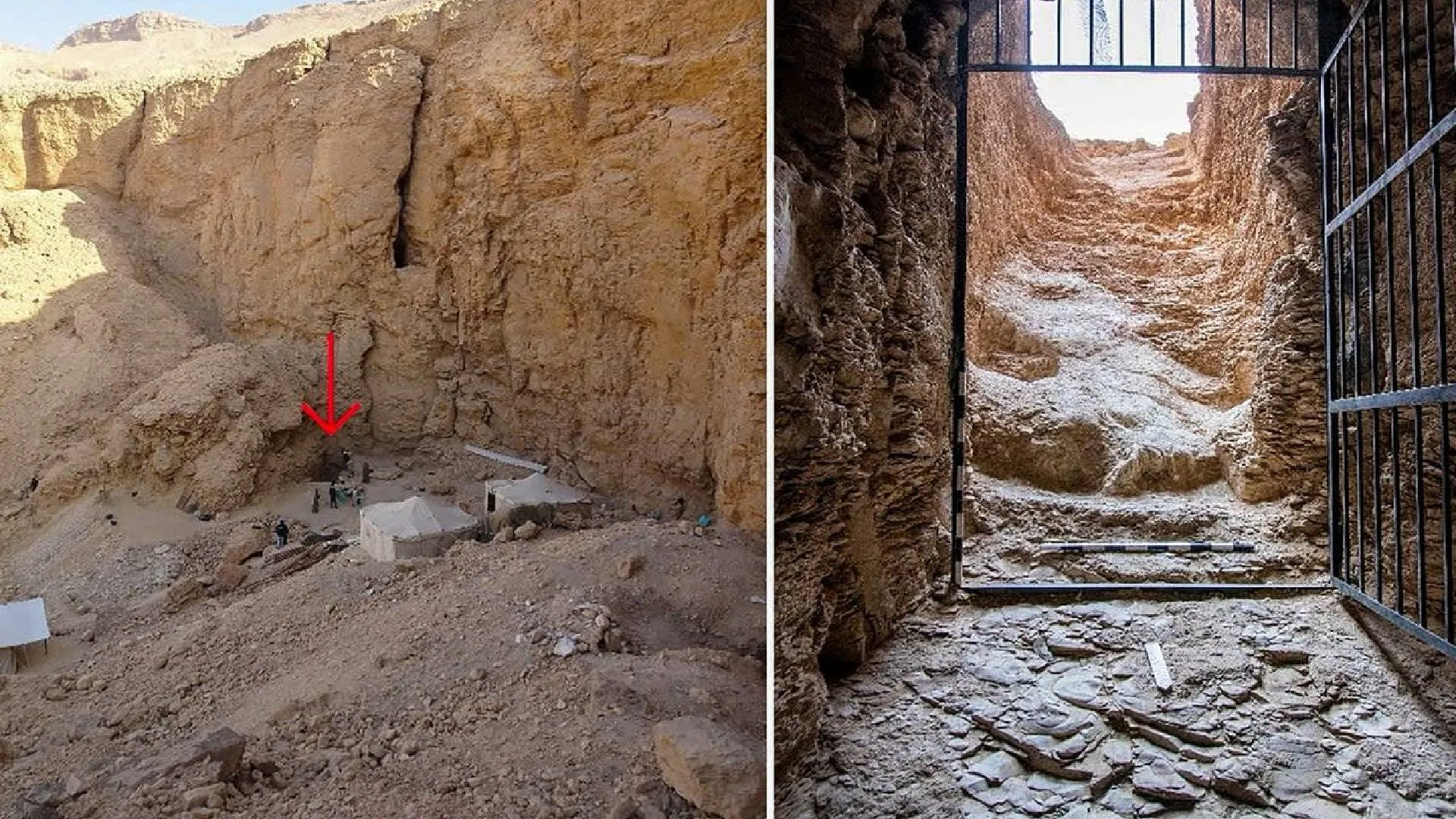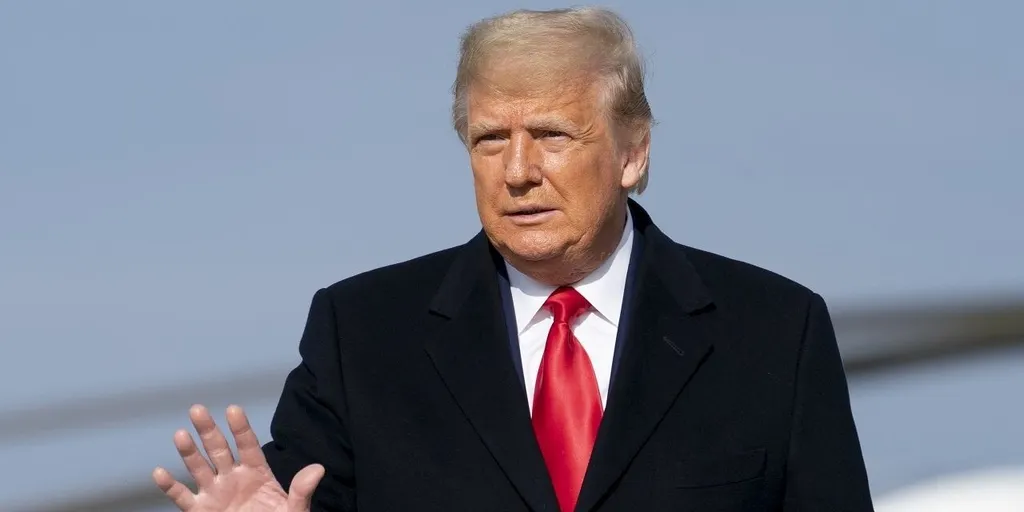“Generations to come will scarce believe that such a one as this ever in flesh and blood walked upon this earth.” — Albert Einstein, on Mahatma Gandhi
The summer of 2020 saw several protests against racism after the death of George Floyd in Minneapolis. Soon after that, ‘Black Lives Matter’ protests started to grow in different parts of the world. Although most of these protests have been peaceful, with no serious harm to people or damage to property, some incidents of armed intimidation by individual actors and violent activities have been reported. Among the many damaged public properties in the United States and elsewhere, Mahatma Gandhi’s statues also became targets of the miscreants as they were vandalised in Washington D.C (in front of the Indian Embassy), in Amsterdam and at the Parliament Square in London. If Gandhiji would have been alive, he would have preached and guided the protestors to follow the path of satyagraha and ahimsa and avoid any sort of violence. Martin Luther King Junior also adopted Gandhian ways of struggle, especially the path of ahimsa, to fight for the equality and freedom of Afro-Americans in their own land, as he believed the Gandhian path to be the best means among all the methods available at that time. Gandhiji’s concepts of satyagraha (firmness in truth) and sarvodaya (welfare of all) and his success in bringing the principles of truth and non-violence out of the dreary pages of philosophical texts has made him relevant even today.
With growing inequality and intolerance in the society, it is important for us to remember and discuss Gandhiji’s ideas on different aspects of life and global peace. To commemorate the 151st anniversary of Mahatma Gandhi on 2nd October 2020, the Council of Heritage and Arts of India, Inc. (CHAI) will unveil a Gandhi Bust in the Town of Amherst, New York. Describing the importance of this monument, Executive Director of CHAI Sibu Nair said, “Mahatma Gandhi never tried to make an impact from his life, but his life has become the cause of inspiration. Today we are living in the era of ‘How to Impress’ but Gandhi’s vision was always ‘How to Inspire’.”
In the coming years, interstate conflicts are likely to increase due to diverging interests among major global powers. Advancement in technology, new strategies and evolving geopolitical scenarios have led to a change in the character of conflicts and challenged past concepts of warfare. Increasing tensions between economies would also heighten the risk of interstate conflict in the years to come. In such a scenario, the Gandhian view of resolving problems and conflicts is one of the best that the world can adopt.
In Gandhiji’s view, the welfare of humanity can be ensured if people overcome the state of confusion, fear, tension, conflict and wars through harmony, cooperation and acceptance of the reality of Vasudhaiv Kutumbakam i.e. ‘the world is one family’. The Gandhian view also calls for a readiness to compromise, but without surrendering selfrespect and by abiding by truth and morality. The uniqueness of the Gandhian view is that it can show the pathway to peace and prosperity through mass awakening, cooperation and people’s participation. To inspire people along these lines and spread the message of peace and stability all over the world, the Indo-Scandic Organisation, based out of Sweden, has come up with the ‘Gandhi Peace Prize, 2020’, which shows the relevance of Gandhi even today. The prize would be awarded to four eminent personalities – Dagfinnur Sveinbjornsson (CEO, Arctic Circle, Ireland), Dr. Anand Singh Khati (Director General HR & Health Services, Indian Railways), Rajendra Kumar Tiwari (Chief Secretary, Government of Uttar Pradesh, India) and Bertil Andersson (Mayor of Ulrika, Sweden).
The 21st century world is deeply interconnected and therefore there is a need for rules and institutions to govern economic activities and maintain global order. The United Nations has adopted the noble ideals promoted by Mahatma Gandhi, such as non-violence, which has also inspired multilateral diplomacy to tackle many major global issues through serious negotiations and responsible dialogues. Multilateralism is under increasing strain due to the growing geopolitical weight of states like China and a lack of clear and consistent means for assessing the changing global power dynamics. Therefore, it is time that multilateral organisations go for structural reforms and voice the concerns of all stakeholder states.
The entire world is fighting the COVID-19 pandemic which brought everything to a complete standstill. Lakhs of people in India, which went for lockdown for a period of more than two months, faced tremendous hardships due to the loss of jobs because economic activities came to a halt. India’s Prime Minister, in his speech on India’s 73rd Independence Day, had reiterated that it is the time to pledge for an Aatmanirbhar Bharat and be ‘Vocal for Local’.
These ideas can be traced back to India’s freedom struggle in the early years of the 20th Century in the form of the Swadeshi Movement.
After Gandhiji had joined the freedom struggle, he had taken forward the idea of a swadeshi model, which proposed the use of local raw materials in production and re-establishing control of local markets in the hands of local producers. His model of industrialisation aimed to fulfil the needs of people in villages through economic decentralisation and the promotion of cottage industries. Prime Minister Modi’s emphasis on attracting foreign direct investments and strengthening India’s supply chain is in accordance with Gandhiji’s vision. For this, the Micro, Small and Medium Enterprise (MSME) sector in India has to play a crucial role and realise its full potential. The economic model adopted by Gandhiji was largely based on his understanding of Indian culture and society, which the present India needs to realise too.
Rajesh Mehta, a leading international consultant, entrepreneur & columnist, is president (India) of Indo-Scandic Council. Mrinmoy Deori Borah is co-founder of The Bridge Project, an initiative to address the divide between policymakers and academia.


